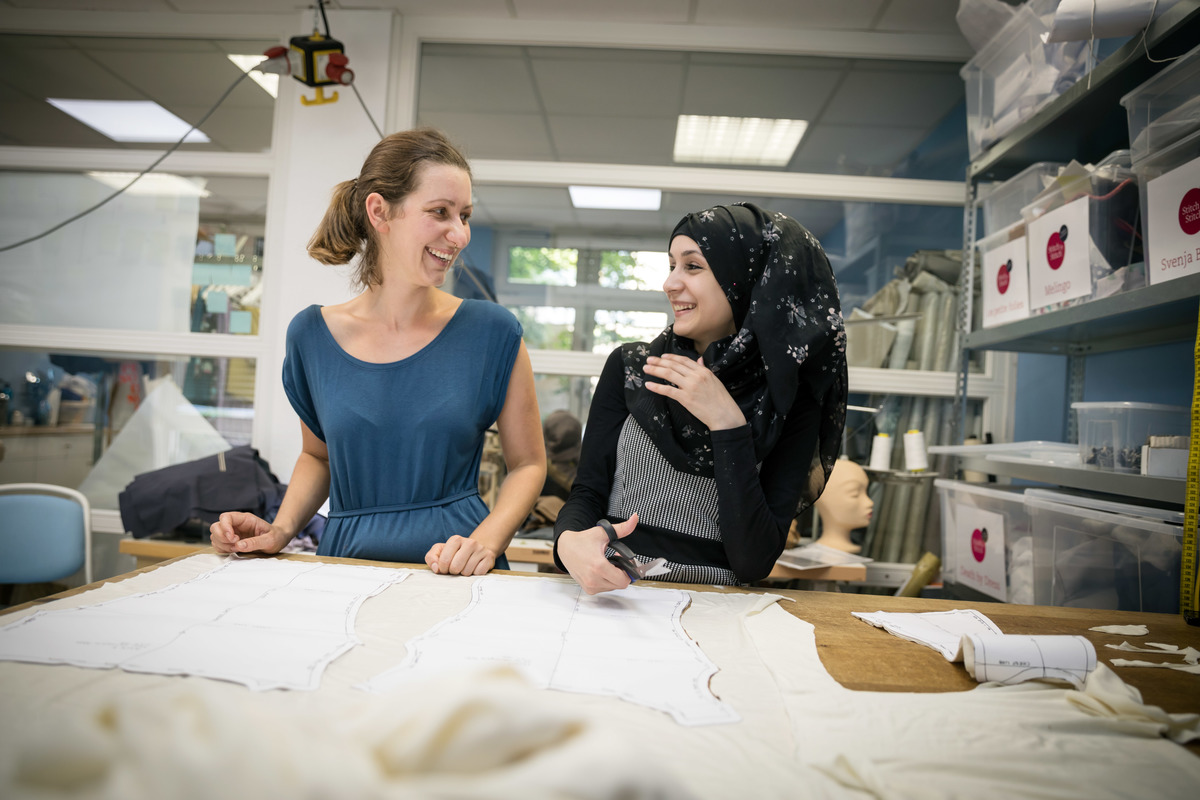Boosting refugee protection in Pakistan
Boosting refugee protection in Pakistan

QUETTA, Pakistan, Dec 20 (UNHCR) - Jahangir Durrani roamed in front of the audience like a television host, mixing the serious and the light, statements and questions, to draw in those seated around the tables dotting the ballroom.
But the performance of the UNHCR protection officer was not to entertain the listening judges; he is at the heart of a concerted effort to increase awareness of refugee law in Pakistan.
Although Pakistan has hosted one of the world's largest refugee populations for a quarter century, it has never actually joined the 1951 UN Convention on refugees and there is relatively little understanding among law enforcement bodies or the judiciary of refugee law.
"The government of Pakistan has been tolerating refugees and asylum seekers on its soil, though Pakistan has not ratified the refugee Convention and does not have domestic legislation on asylum," Guenet Guebre-Christos, UNHCR Representative in Pakistan, said in opening a two-day training session last week.
"However, there are still instances where asylum seekers and refugees come into the loop of the criminal justice system," she said. "Under such circumstances it is vital for each part of the criminal justice system to understand the dynamics of the refugee phenomenon, the legal framework available and the obligation to protect and safeguard the rights of individuals."
The training session in Quetta, which grouped 25 judges from the province of Balochistan plus an additional 30 lawyers, was part of a systematic UNHCR programme that has also involved training Pakistani law enforcement officials and assisting parliamentarians to frame changes to the legal code.
During 2004, Durrani and other UNHCR staff have conducted training sessions on human rights - especially refugee rights - for police officers, law enforcement academies, non-governmental organisations and the Karachi office set up by the Pakistani government to deal with repatriating refugees.
At present, refugees are in an ambiguous situation. Although Pakistan has accepted the millions of Afghans who flooded in since the Soviet invasion of Afghanistan in 1979 as prima facie refugees - granted refugee status as a group without individual assessments - they don't actually have any legal standing in the country.
"There is a huge void regarding the legal status of refugees in Pakistan," said Durrani, who is based in Islamabad. "There is no provision in the constitution of Pakistan for refugees and they are viewed as illegal immigrants according to the laws. The prevailing Foreigners Act contains some draconian provisions that render the refugee community extremely vulnerable to police harassment and persecution."
Durrani has worked with a 55-member Parliamentary Commission for Human Rights, drawn from all parties in the National Assembly and the Senate, to draft amendments to the current law that has been proposed for debate in parliament.
The amendments would incorporate a definition of refugees in Pakistani law for the first time and would exempt asylum seekers from the punitive provisions of the Foreigners Act. As well as providing protection to refugees against arbitrary arrest and harassment, changes to the national law could be a first step toward getting Pakistan to sign the 1951 UN Convention on refugees.
UNHCR knows this is a process that will take time, and has encouraged a simultaneous focus on trying to get universities to incorporate training in refugee law in the courses for law degrees.
"All their institutions teach domestic law and hardly touch on international law," said Durrani, who before joining UNHCR in Islamabad was a Pakistani police officer who then studied law. "This is despite the fact that Pakistan is still hosting one of the biggest refugee populations in the world."
This year UNHCR began assisting the International Islamic University Islamabad to introduce a course in refugee law as part of its Master of Law programme. More than 100 students are now taking the course. Also in 2004, UNHCR signed an agreement with the Allam Iqbal Open University in Islamabad to help launch a three-month distance-learning certificate course on refugee law.
To provide more immediate help to refugees in dealing with the law, UNHCR has been steadily expanding its network of Assistance and Legal Aid Centres (ALACs) through Pakistan. Since 2002 they have operated in Quetta, Peshawar and Islamabad - where there are large Afghan populations - and the first ALACs in Karachi and Lahore, the country's two largest cities, will open in 2005.
This intensive work by UNHCR's protection officers in Pakistan has gone on as the agency continues its voluntary repatriation programme that has assisted nearly 2.3 million Afghans to return home since the start of 2002.
The programme of training and reform in Pakistan's legal handling of refugees is working to a long-term agenda. The goal is change that will have an impact for all refugees, even after the tripartite agreement between the governments of Pakistan, Afghanistan and UNHCR draws to a close in 2006.
By Jack Redden
UNHCR Pakistan









